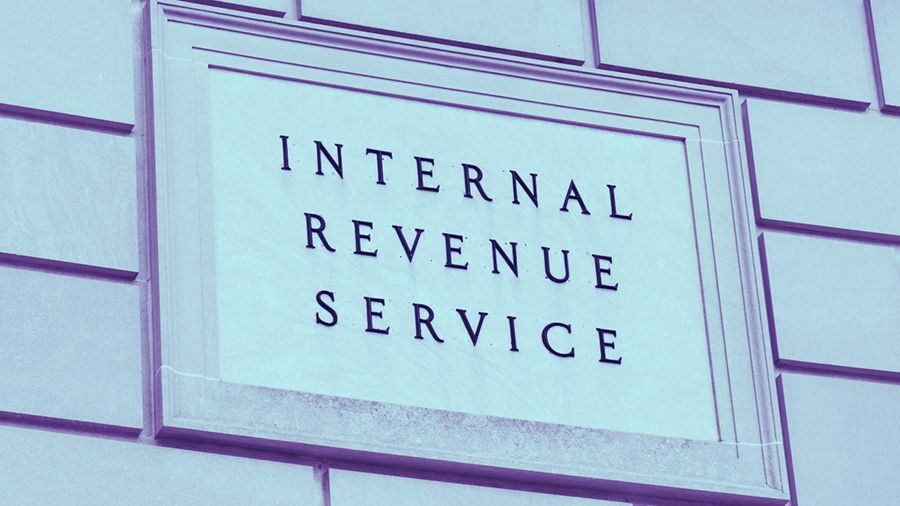The Internal Revenue Service (IRS) has made changes to the taxpayer reporting form. Coins received during hard forks are taxed, and transfers between wallets do not need to be disclosed.
In the latest version of the Personal Income Tax Form 1040, the IRS has clarified which cryptoassets and transactions need to be disclosed. According to the new principles, if a user only owned a cryptocurrency, but did not trade it during 2020, then he can answer “No” to the question of trading, selling or receiving crypto assets in another way.
The updated guidelines provide specific examples of cases that fall under receiving, selling, sending, and exchanging cryptocurrencies. Crypto assets received for free during hard forks are considered taxable assets. As well as the exchange of cryptocurrencies for goods, services or “other property, including another virtual currency.”
“Transferring crypto assets between wallets, such as transferring money to an exchange and back, is considered a transfer for administrative purposes,” said Shehan Chandrasekara, head of tax strategy at CoinTracker.
Thus, users may not report transfers between personal wallets, as this does not represent a sale, exchange or purchase of cryptoassets. At the same time, Chandrasekhar noted that the approach of the IRS as a whole has not changed, but rather clarified it:
“The IRS just once again clarified the taxation of crypto assets. This shows that for the IRS, transactions that are reflected in tax reporting matter. At the moment, the IRS does not seem to be interested in the amount of cryptoassets users hold. You are not required to disclose information about them anywhere if no taxable transactions took place. ”
As a reminder, last fall, the IRS added a clause about cryptocurrencies to Form 1040. In February this year, the IRS updated the definition of virtual currency on its website. In the new version, game tokens were excluded – since then they are not subject to declaration in tax reporting.







